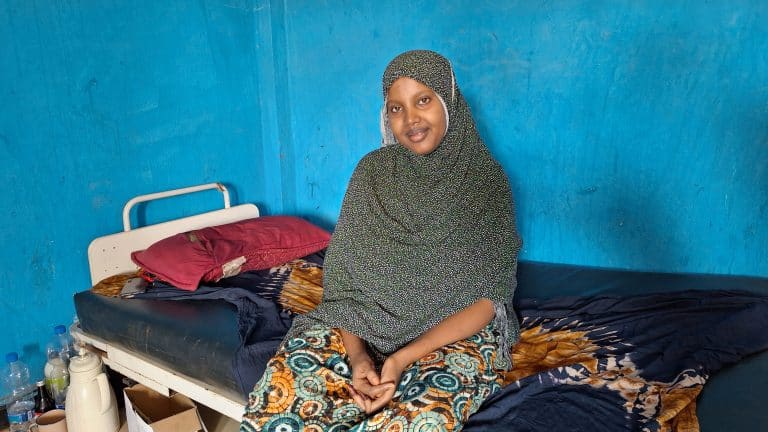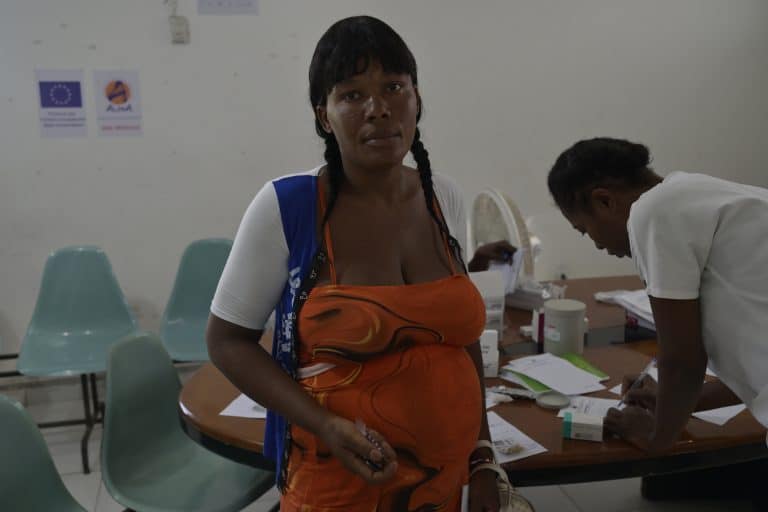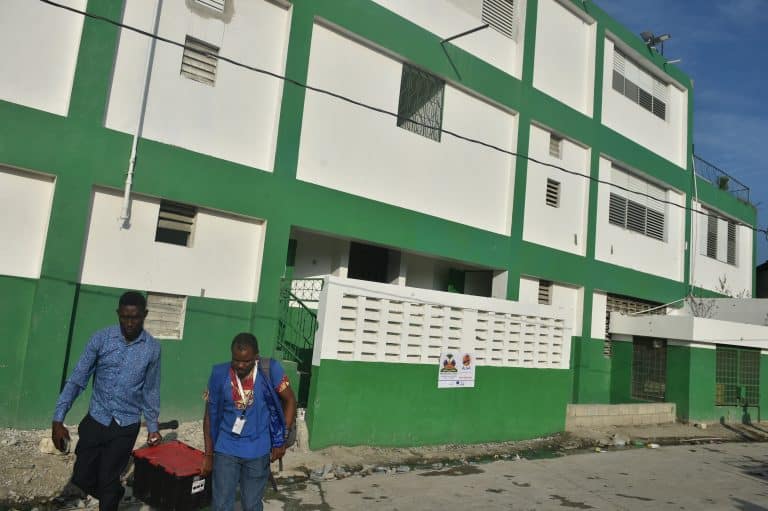In the North Kivu province, the city of Goma is facing a major health crisis following violent clashes that took place from 24 to 28 January 2025, in the east of the Democratic Republic of Congo (DRC). With hospitals overwhelmed and medical supplies looted, access to care has become extremely limited. In response to this critical situation, ALIMA is mobilising an emergency response to treat the injured and support a health system under pressure.
An Alarming Health Situation
The fighting has severely impacted the functioning of Goma’s medical facilities. Several health centres have been attacked or looted, significantly reducing the ability to care for the injured and sick. In total, nearly 6,000 people have been wounded, with an official death toll of around 3,000.
Quick and Coordinated Mobilisation
As soon as the security situation stabilised, ALIMA deployed an emergency medical team to strengthen patient care.
ALIMA is providing direct support to Heal Africa Hospital, where our teams are assisting nine operating theatres and a 102-bed surgical ward to cope with the influx of wounded patients. Additionally, an ambulance service has been established in Goma to facilitate the evacuation of patients. The ongoing installation of new beds continues to meet the growing demand.
Simultaneously, essential medical supplies have been delivered, including trauma kits and emergency medicines, which are crucial to respond to the massive influx of patients.
ALIMA also plans to support the Virunga General Referral Hospital by strengthening maternal health services, neonatology, and nutrition care. This intervention aims to reduce the risk of maternal and infant mortality, which is greatly aggravated by the interruption of obstetric care.
Priority Care in the Face of Emergencies
ALIMA’s intervention focuses on three main areas:
- Care for the injured: In collaboration with existing facilities, ALIMA is providing surgical support to relieve the pressure on the local health system.
- Critical care support: With a massive influx of wounded patients, health facilities are overburdened, leading to a halt in obstetric care and putting pregnant women at risk. ALIMA anticipates a significant increase in maternal and neonatal mortality and is implementing solutions to mitigate this crisis.
- Assistance for displaced populations: The crisis has led to a massive dispersal of displaced people, with many camps for displaced people emptying as a result of the violence. ALIMA is actively working to identify these vulnerable populations to provide them with appropriate medical support.
A Fragile Situation
Although some critical infrastructure, such as electricity and water, are gradually being restored, the situation remains extremely volatile. Commercial activities are cautiously resuming, but schools and public administrations remain closed.
Complicating matters further is the ongoing Mpox outbreak. While most treatment centres have been destroyed or looted, ALIMA is maintaining operations at the Mpox treatment centre in the North Kivu Provincial Hospital, where 15 patients are currently receiving care.
ALIMA’s teams have been active in the DRC since 2011, where they have established relationships of trust with local communities. Thanks to our Rapid Response Mechanism (RRM) and our proven experience in handling outbreaks (Ebola, measles, cholera, COVID-19, and most recently Mpox), we are able to adapt our interventions to the urgent needs of populations.
Support our efforts by making a donation today.
Cover picture : Jospin MWISHA / AFP





